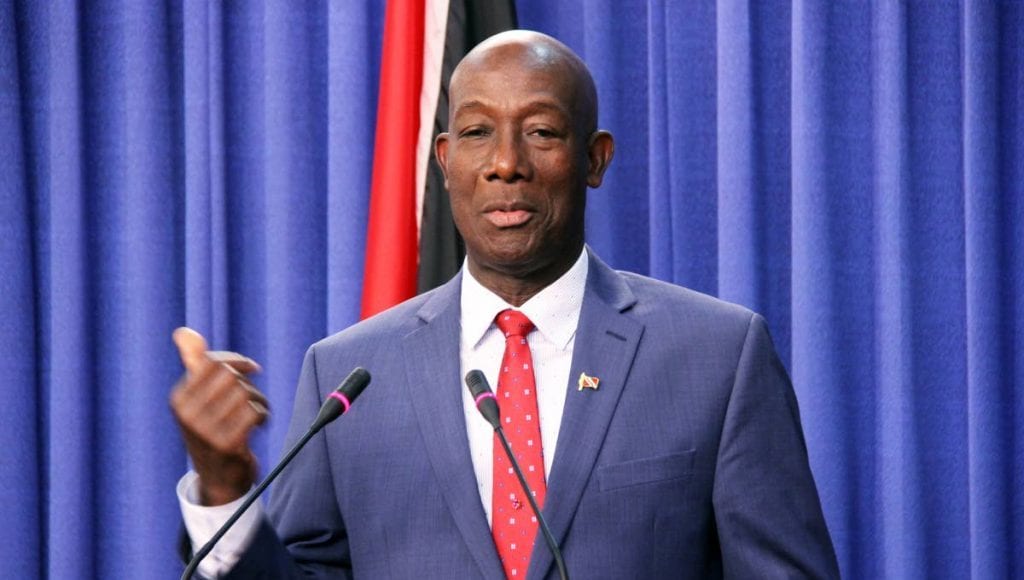In recognition of the immediate need to increase gas supply capacity to preserve its world-class petrochemical and liquefied natural gas sector, Trinidad and Tobago is making swift moves to review its tax system governing shallow water, deep water and onshore acreage.
This was disclosed by the nation’s Prime Minister, Dr. Keith Rowley during the opening ceremony for Trinidad and Tobago’s energy conference.
In a fervent bid to improve his country’s poor state of affairs in the gas sector, the Prime Minister said his government has been in dialogue with upstream companies to expedite Final Investment Decisions (FIDs) for known reserves.
As regards potential and undeveloped resources he said government has been soliciting proposals from upstream operators on the incentives required to stimulate activity for the exploitation of these resources. To that end, the Prime Minister said, “The Ministry of Finance in collaboration with the Ministry of Energy and Energy Industries, is conducting a comprehensive review of our oil and gas taxation regime to ensure that Trinidad and Tobago remains an internationally competitive hydrocarbon province.”
He said, “The review encompasses capital allowances, petroleum profits tax, supplemental petroleum tax and royalty, both onshore and offshore, in shallow water and deep-water.”
As he moves to aggressively identify new resources in deep water and other provinces, the Prime Minister indicated that the authorities have every intention of managing their available resources while adding that even doing so now has not been without challenges. A combination of COVID-19, low commodity prices and technical issues have set back levels of both oil and gas production. Be that as it may, Dr. Rowley confidently asserted that the ease in the pandemic’s spread combined with efforts to attract investors and increase financing leave oil and gas production with a promising future.
Significantly, the Prime Minister’s announcement appears to be in sync, or even in response to a six-point plan that was outlined a few weeks ago by the Energy Chamber of Trinidad and Tobago to secure new natural gas supplies. The Chamber said in no uncertain terms that government should implement sweeter incentives to draw investors in.
Inclusive of the value-added tax (VAT) system, the Chamber suggested a reformation of the fiscal regime.
“The current structure of upstream royalties and taxation does not encourage companies to reinvestment in exploration or the development of new fields,” it said in a public note. It also urged the fast-tracking of bid rounds and the approval process.
It expects that this would significantly improve project economics and make new gas available faster.
Led by President and Chief Executive Officer, Dax Driver, the T&T Energy Chamber represents the interests of the oil, gas, petrochemical and heavy industrial sectors of Trinidad and Tobago. Its upstream members include Repsol, Shell, Touchstone and BHP.



